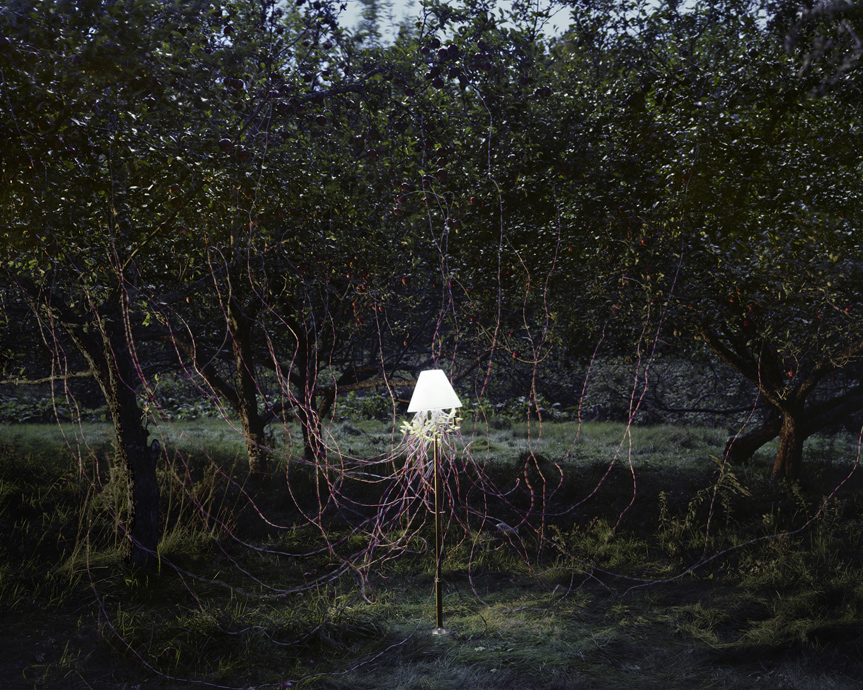Looks terrible, doesn't it?
Back in 2012 and hot off the steamy shit pile that was
The A-Team Liam Neeson and the director of
The A-Team, Joe Carnahan, put out
The Grey. When I first saw a trailer for it, and each subsequent viewing in between things I wanted to watch, I thought it looked like a terrible action movie that was cast in the movie abyss that is January. I'm not entirely sure what put it in my radar again or why I decided to watch, but damn, was it impressive.
The movie is about of group of men who work on an oil rig at The-End-of-the-World, Alaska. The movie starts with Liam Neeson's character, John Ottway, narrating a letter he was writing to his ex-wife about how much he hated his life and how he is going to kill himself. He talks about how he's surrounded by terrible people and there's shot of a bar fight. At that moment I realized this was going to be a D&D movie without magic and swords.
Once the environment and Ottway's character has been established, he gets on plane going back to Anchorage. Mid-flight the plane goes down, and in the midst of snow, burning metal, and broken bodies, a group of men must survive in the harsh wilds of Alaska. Though, harsh is truly an understatement when your looking out at the desolate grey wastes of the tundra. Then things go from bad to completely fucked when Ottway is attacked by two wolves in the middle of the night.
The wolves are like an awesome combination of the velociraptors from
Jurassic Park and the xenomorph from
Alien. It's a man-versus-nature, survival movie that's comparable to
Jaws. Where
Jaws had a charm and wit to it, mainly thanks to Richard Dreyfuss,
The Grey is a lot more serious and bleak. It's a meditation on the why we choose to struggle when faced with such terrible odds and no real purpose. It's also excellent inspiration for designing wilderness adventures.
The movie gives a great sense of how to challenge players in the wilderness. From the bitter cold to the lack of oxygen. It shows how even falling into river can bring a great sense of drama. I wish I could share more, but I don't want to give any spoilers. Just watch the movie!
There's something terrifying about using normal animals, like wolves, for something greater than random encounter fodder. If you can make your players tremble after fighting mundane animals, think about the possibilities once magic gets involved. If your players every begin combat with, "It's alright, they're just..." you're not doing your job as a DM. They've either seen it enough times that it's boring, or you've made combat predictable. The wilderness has "wild" in for a reason. Don't be afraid to take away some of the safeties. It's okay to thrill your players. That's the point of combat. To quote one of the many excellent monologues in
The Grey, "What's wrong with a little fear?"









